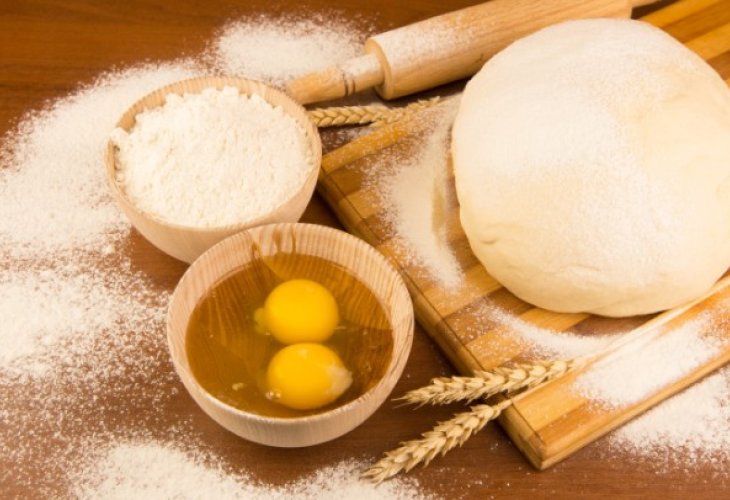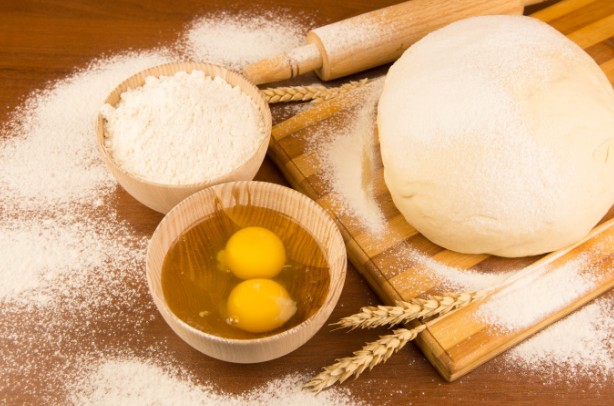Jewish Law
When Is Dough Obligated in Hafrashat Challah? Complete Guide to the Laws of Challah Separation
Learn which doughs require hafrashat challah — how much flour is needed, which ingredients qualify, and the differences between baked, fried, or boiled doughs
- |Updated

Hello, Rabbi. From time to time I bake at home and separate challah. I wanted to know: which types of dough are obligated in hafrashat challah (separating the priestly portion)? I’ve heard there are several conditions for this mitzvah.
* * *
1. Any dough made from one of the five grains — wheat, barley, spelt, rye, or oats, that is kneaded with water, or with water mixed with eggs, olive oil, milk, honey, or wine, and is intended for baking, is obligated in hafrashat challah if it contains at least 1.560 kg (about 3.4 lbs) of flour.
2. Any dough made from rice flour, corn flour, or other legumes, even if baked into bread, is exempt from hafrashat challah (Rambam, Hilchot Bikkurim 6:2).
3. A soft batter that is baked in the oven, such as a sponge cake or torte, and contains enough flour for challah, is obligated in hafrashat challah, which should be done after baking (Shulchan Aruch, Yoreh De’ah 329).
4. A dough intended for frying or boiling is, according to the Shulchan Aruch, exempt from hafrashat challah. However, Rabbenu Tam holds that it is still obligated, and Rabbi Ovadia Yosef rules that it is best to separate challah without a blessing, and if one did not, the food is still permitted.
5. A dough fried in a dry pan (with no oil, or with only a small amount to prevent sticking) is considered baked and requires hafrashat challah. If the batter is very thin, like for blintzes, waffles, or lachuch (Yemeni pancakes), the ruling depends on thickness:
If it remains thin (under 8 mm), it is exempt.
If it is thick (8 mm or more, like thick pancakes or lachuch), it is obligated, and the separation is done after baking.

6. If the dough is large enough to require separation, even if most of it is for boiling or frying and only a small part is for baking, it is still obligated in hafrashat challah with a blessing, even if that baked portion alone is not enough for the required measure.
7. If the dough was originally intended for boiling but later the baker decided to bake it, it is obligated in hafrashat challah. Likewise, if it was originally for baking but later changed to frying, it remains obligated, since the mitzvah applies from the time of kneading.
8. If the dough was kneaded only with fruit juice, eggs, or oil (without water at all), it is obligated without a blessing. Such challah may not be burned, since it lacks water. Instead, wrap it twice in plastic and dispose of it respectfully.
Ideally, when preparing such dough, add a few drops of water, even just enough to moisten the mixing bowl — this removes all doubt and allows the challah to be burned properly as prescribed by halacha.
Rabbi Shai Amar, Halachic Department, Hidabroot

